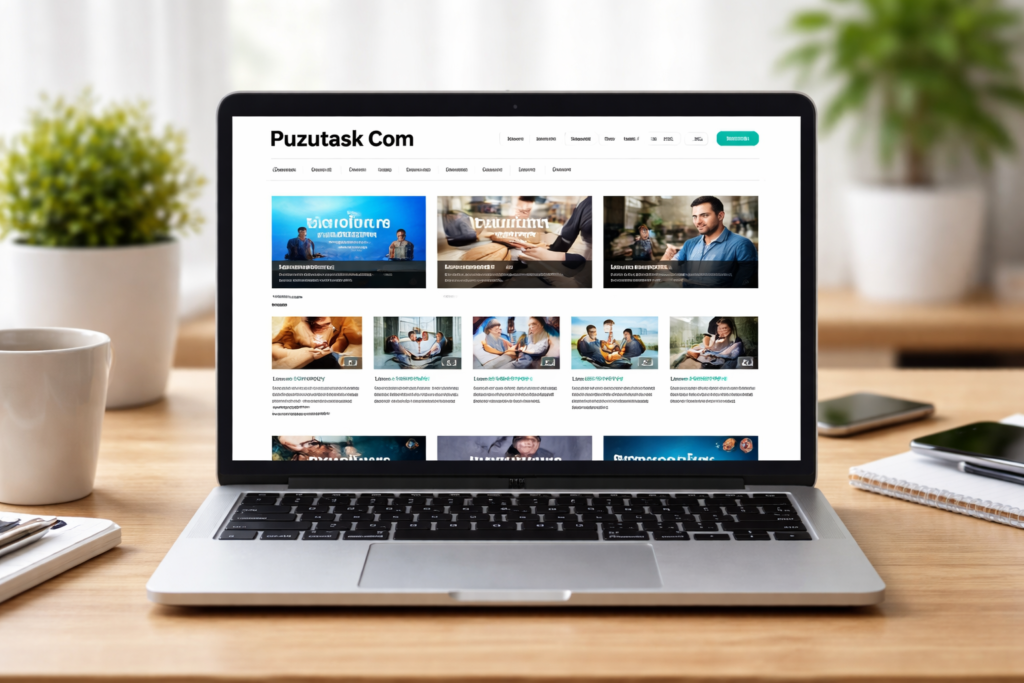The Risks of Monitoring Remote Employees A Case Against Spyware

A lot of businesses have started to adopt flexible work options after the COVID-19 epidemic, which has led to a rise in remote labor. There are legitimate worries regarding employees’ privacy, trust, and health as some companies have turned to technological means of monitoring their remote workers such technologies are already in place.
The Rise of Employee Monitoring
As more and more people choose to work from home, businesses are looking for strategies to keep their dispersed workforces accountable and productive. The implementation of numerous monitoring tools, including:
Keyboard monitors
Software that captures screenshots
Keeping tabs on things with webcam GPS tracking (for mobile workers)
Employers may regard these technologies as a practical answer, but they may have unforeseen effects that lower morale, distrust, and productivity in the workplace.
The Risks of Excessive Monitoring
A few examples of tools that can help monitor remote employees without resorting to spyware include time tracking software, productivity analytics platforms, and collaboration tools with built-in performance metrics.
Privacy Concerns
The possible invasion of privacy is one of the main problems with monitoring employees. Workers may experience uneasiness and mistrust if they see an invasion of their personal space and independence.
Decreased Trust and Morale
If employees feel that they are under continual scrutiny and micromanagement due to excessive monitoring, it can lead to a distrustful work atmosphere. Worker dissatisfaction, disengagement, and attrition may result from this.
Productivity Paradox
The use of intrusive monitoring measures can have the opposite effect and reduce production, which is ironic. Staff morale, stress levels, and concentration can all take a nosedive when they perceive a breach of their personal privacy.
Potential Hidden Benefits of Abstaining from Excessive Control Over Home-Working Employees
Here are some potential hidden benefits of abstaining from excessive control over home-working employees:
Improved Employee Autonomy and Engagement
Companies encourage more independence in work execution when they avoid micromanaging workers. This may cause:
- Boosted enthusiasm and participation as workers have a sense of trust
- Chances to be creative and innovative without micromanaging
Better Work-Life Balance
To help remote workers keep their professional and personal lives separate, it’s best to avoid intrusive monitoring tactics. Possible outcomes include:
- Minimization of tension and exhaustion caused by ongoing monitoring
- Maximised productivity by minimizing interruptions
- Enhanced capacity to handle domestic and personal responsibilities
Attracting and Retaining Top Talent
Businesses that encourage an environment where employees feel safe sharing personal information may have an edge in:
- Achieving a work-life balance while attracting top people who value autonomy
- Keeping talented workers who place a premium on independence and privacy
- Creating a favorable image of the company as an employer
Cost Savings
The organization can save money by not using as many monitoring technologies and related equipment, which can then be put towards more productive endeavors like:
- Programmes for staff development and training
- Software and tools for teamwork
- Health and wellness initiatives and services to assist employees
Companies may foster a more happy and productive remote work environment without falling into the trap of overly controlling and monitoring their employees if they trust them and concentrate on results instead of processes.
Conclusion
Technology has many useful applications for remote work, but it can backfire if used to spy on workers too much and ruin business morale. The key to an effective and engaged remote workforce is building trust, encouraging accountability, and protecting employee privacy. It’s imperative to address the concerning statistic that about 30% to 65% of internet usage at work is conducted by remote employees, highlighting the potential privacy infringements associated with overbearing surveillance tactics.
FAQs
Q: Is it unlawful to reveal personnel?
A: The legality of worker tracking varies relying on the jurisdiction and the specific practices employed. It’s essential for businesses to conform with relevant labor laws and data privateness rules.
Q: How can organizations ensure productivity without monitoring employees?
A: Companies can be aware of putting clear desires, providing the vital sources and help, fostering open communique, and selling an outcomes-orientated tradition instead of micromanaging approaches.
Q: What are some first-rate practices for imposing worker monitoring?
A: If tracking is deemed important, agencies need to involve personnel inside the selection-making technique, set up obvious policies, offer training, and make sure compliance with criminal necessities.
Q: Can worker tracking result in decreased productiveness?
A: Yes, excessive tracking can create an environment of mistrust, stress, and demotivation, probably leading to reduced productivity and higher employee turnover.
Q: Are there alternatives to employee monitoring?
A: Yes, alternatives include results-oriented performance evaluation, collaborative tools, flexible work arrangements, regular check-ins, and fostering a culture of trust and accountability.

Curtain Dry Cleaning and Leather Sofa Cleaning – Reliable Care by Duo Nini

Brian Ferdinand of EverForward Trading Joins Forbes Finance Council, Expanding His Voice on Markets and Risk

Get Any Company Objectives or News of rox.com

How Technology Is Changing Addiction Recovery in the Digital Age.

Our First Winter Trip to Aspen — And the Decision That Made It Stress-Free

How Technology Is Changing Addiction Recovery in the Digital Age.

Puzutask Com: Complete Guide, Reviews, and Login Information

Solve SMD Diodes Sourcing with Utsource's Bulk Options








